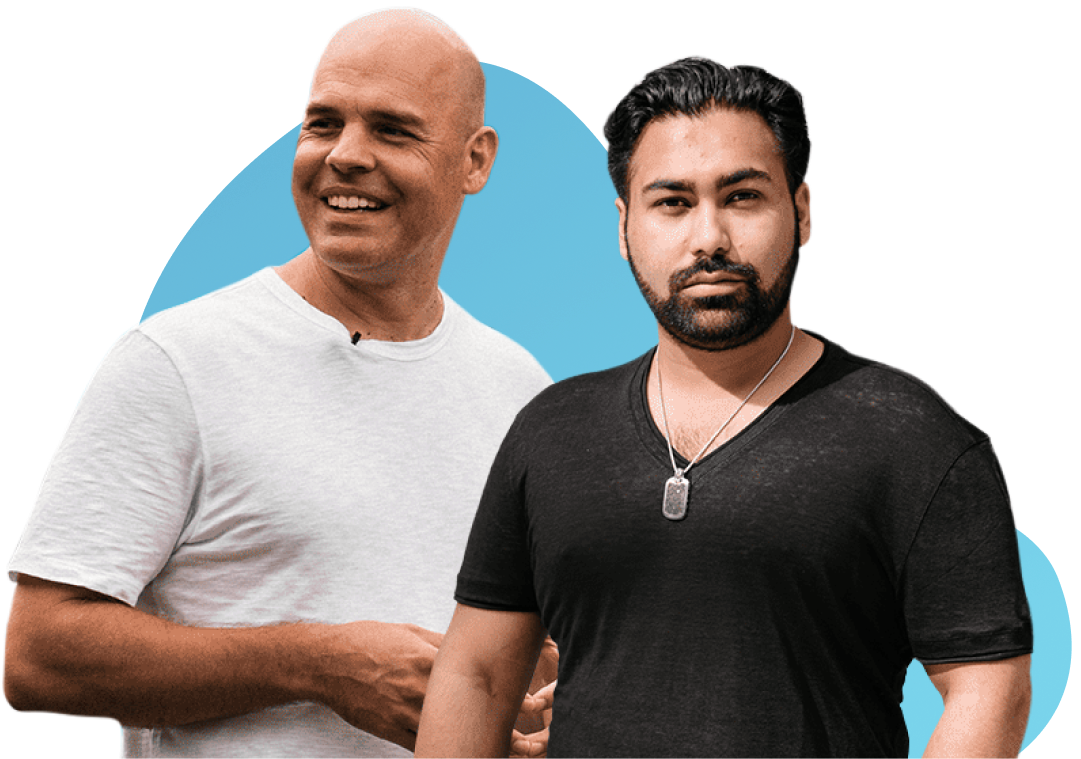Trading, often romanticized as a quick route to financial success, harbors its fair share of misconceptions that can mislead newcomers. Aspiring traders frequently enter the market with unrealistic expectations, drawn by tales of rapid fortunes and effortless gains. This article aims to shed light on common trading misconceptions and provide a realistic perspective for those venturing into the dynamic world of trading.
I. The Misconception of “You Can’t Go Broke Taking Profits”
While the saying holds some truth, it oversimplifies the complexities of trading. Blindly taking profits without a strategic plan can limit potential gains and hinder long-term success. Successful trading involves a nuanced understanding of risk and reward, emphasizing the importance of a well-thought-out exit strategy. YES, you can go broke selling for profit, especially if you are selling BEFORE your plan says to do so. In fact, selling too soon in one of the biggest reasons traders fail. Their fear of loss is strong than their hope for gain.
II. The Illusion of Quick Change: Affecting Real Change Happens Quickly
Contrary to the belief that success in trading happens overnight, it is essential to recognize that real change takes time. Consistent profitability is a result of disciplined learning, continuous improvement, and the patient application of proven strategies. The journey to becoming a proficient trader is a marathon, not a sprint.
III. The Myth of Luck in Profitable Trading
Profitable trading is not a result of luck but a culmination of skill, discipline, and market understanding. The idea that trading success is solely reserved for the lucky undermines the strategic decision-making and analysis required to navigate the markets effectively.
IV. The Pitfall of Copying Success without Effort
The notion that success can be copied without putting in the time and effort is a dangerous misconception. Trading success is deeply personal, requiring a profound understanding of one’s risk tolerance, trading style, and market approach. Blindly replicating someone else’s strategy without comprehension can lead to disastrous outcomes.
V. The Fallacy of Overnight Success: Success Comes Quickly
Success in trading is not an instantaneous achievement. It evolves through a process of education, practice, and continuous refinement. Overnight success stories are often misleading, as they rarely reflect the persistent efforts, failures, and lessons learned along the way.
VI. The Importance of Trading Education
Believing that learning from the markets alone is sufficient is a significant misconception. Education is an invaluable asset in trading, providing a structured foundation, risk management techniques, and a deeper understanding of market dynamics. Viewing education as an investment rather than an expense is crucial for long-term success.
VII. The Myth of Easy Success for Industry Veterans
Past success in other fields does not automatically translate into an advantage in trading. The markets operate on their own set of rules, indifferent to one’s background or expertise. Transitioning to trading requires humility, a willingness to learn, and an acknowledgment that success in one area does not guarantee success in another.
VIII. The Fallacy of One-Size-Fits-All Money Management
Believing that there is a single, universally effective money management strategy is a misconception. The optimal approach varies among traders, contingent on individual risk tolerance, trading style, and market conditions. Tailoring a money management plan to align with personal preferences is essential.
IX. The Danger of Mimicking Others: One Scalp Trader’s Success Does Not Fit All
Susie Q’s success as a scalp trader does not guarantee success for everyone. Trading styles must align with individual personalities, risk appetites, and preferences. Attempting to force oneself into a trading style that contradicts one’s nature can lead to frustration and suboptimal outcomes.
X. The Great Equalizer: Trading as the Ultimate Meritocracy
Regardless of educational background, social status, or prior achievements, trading serves as the ultimate equalizer. The market treats everyone the same, indifferent to ego or experience. Acknowledging this equality is the first step toward approaching trading with the humility and respect it demands.
In conclusion, dispelling these common trading misconceptions is crucial for aspiring traders. Recognizing the realities of trading, embracing education, and understanding the market’s impartiality are essential steps toward fostering a mindset conducive to long-term success in this dynamic and challenging field. Come into the Live Traders Chat Room and see what REAL, PROFESSIONAL trading looks like. We’ll whip you into shape and show you how this business is done, correctly. No get rich quick BS here, just pure, honest trading from professionals. You’ll learn a lot more than you ever thought possible. Come check it out, you’ll be glad you did! Info@LiveTraders.Com Happy Trading!




